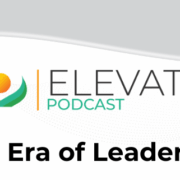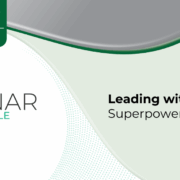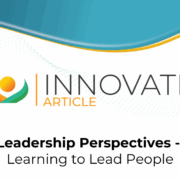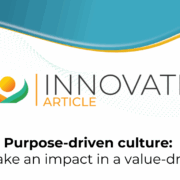Sure! Here’s a more concise version of your text:
In today’s fast-changing healthcare landscape, pharmaceutical leadership is entering a new era—driven by innovation, agility, and purpose. Nowhere is this more evident than in Medical Affairs, where the role is evolving from scientific support to strategic leadership focused on patient value, collaboration, and real-world evidence. In this special series, Bagrat Lalayan speaks with top industry leaders about navigating global challenges, embracing digital transformation, and leading with vision—while keeping patient outcomes at the center of it all.





